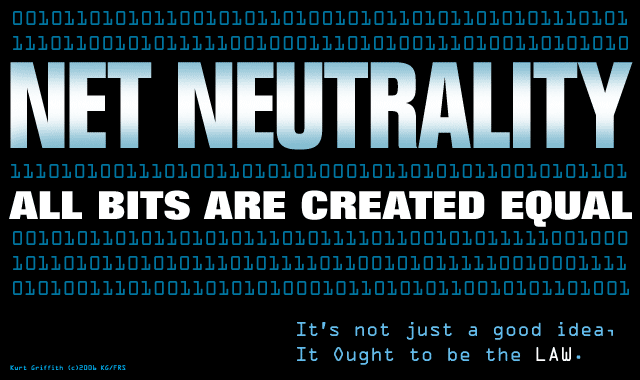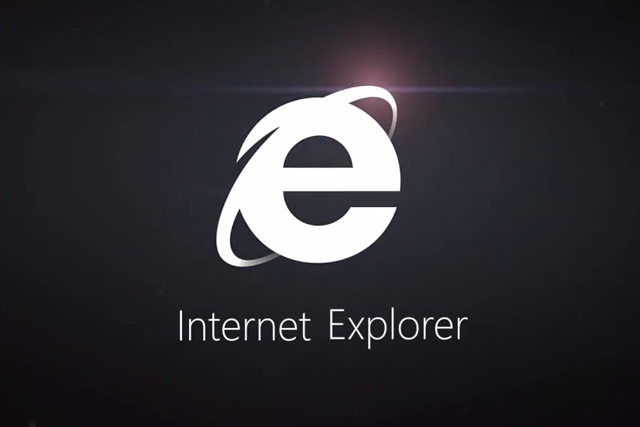With the FCC’s recent ruling on Internet neutrality the issue of nondiscriminatory internet service has moved from the backburner to the forefront of the minds of every day internet users. Be it for Netflix, YouTube, Streaming music or downloading questionably legal files, net neutrality means equal internet speeds for all.
People who use Verizon in particular have noticed that their internet speed slows considerably when they use services like Netflix and Amazon Instant Video. Under the concept of net neutrality, this would be illegal. Certain services like HBO GO for example, are blocked in their entirety by certain providers. This too would be illegal.
Earlier today the FCC put forth a plan with the intention that the new laws would prevent internet providers from throttling the internet speeds of their customers, however, the ruling may have paved the way to a deeply segregated internet. People would be changed from internet equals, to users on a “pay-for-priority” system.
Originally the U.S appeals court rejected the FCC’s recommendation on net neutrality rules on the basis that it would not allow users to pay more money for better internet under any circumstances. Only after allowing a small number of pay-for-priority deals did the appeals court approve the new laws. There is some question over whether or not the FCC has the authority to regulate the Internet at all, but the wheels have been set in motion. The Internet – the “network of networks” that connects the world won’t be quite so open anymore.
Sources:
http://en.wikipedia.org/wiki/Net_neutrality
http://www.savetheinternet.com/net-neutrality-101
http://www.nytimes.com/2014/05/16/technology/fcc-road-map-to-net-neutrality.html?hpw&rref=business&_r=0
http://www.fcc.gov/document/protecting-and-promoting-open-internet-nprm
http://www.reuters.com/article/2014/05/15/us-usa-internet-neutrality-idUSBREA4C0SF20140515
Images:
http://images.dailytech.com/nimage/12217_large_neutral-bits.png







